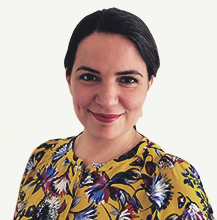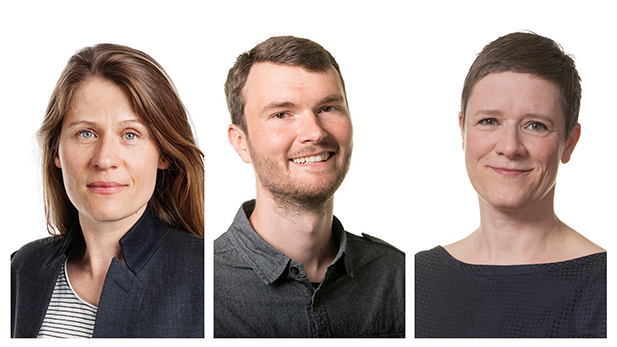Research, Innovation and Organization (RIO) Group
RIO News
Aixa Alemán-Díaz, RIO member, Visiting Scholar at Lund University
Aixa Alemán-Díaz became a Visiting Scholar at CIRCLE, the Centre for Innovation Research at Lund University in January 2022. Her research stay continues until March 2022. At CIRCLE, Aixa is particularly interested in the ‘New perspectives on innovation policy’ strand of work which looks at the changing landscape for policy making to guide the 21st century innovation policy. She will be working with Dr Mart Laatsit, an affiliate RIO member, who received his PhD from CBS in 2019. Mart is now a tenure-track Senior Associate Lecturer at the Faculty of Engineering at Lund.
CIRCLE functions as incubator, coordinator, and implementer of innovation research across faculties connecting researchers within Lund University as well as linking to relevant research environments globally. The main faculties currently involved are the Faculty of Engineering, the School of Economic and Management, and the Faculty of Social Sciences.
To learn more about CIRCLE go to https://www.circle.lu.se/
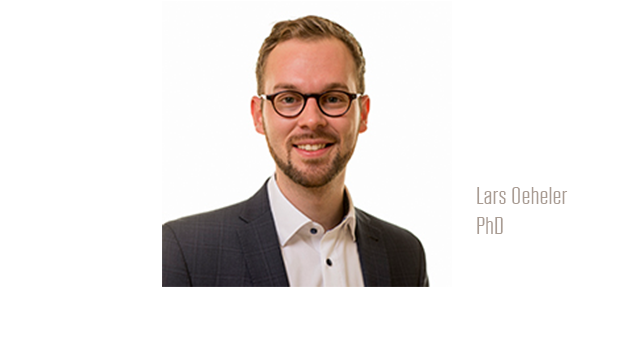
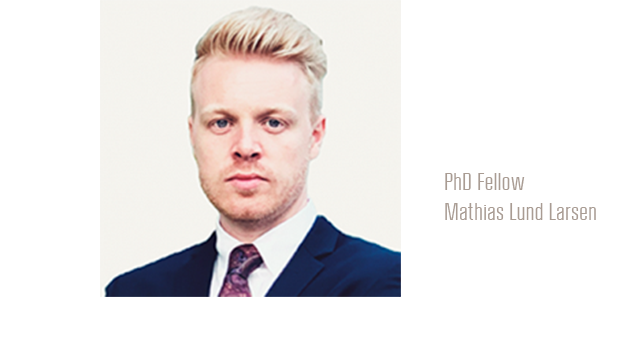
Mathias Lund Larsen & Lars Oehler, RIO members, article in Climate Policy
Mathias Lund Larsen, PhD Fellow, has a new publication with Lars Oehler, who received his PhD from CBS in 2021.
Their paper entitled Clean at home, polluting abroad: the role of the Chinese financial system’s differential treatment of state-owned and private enterprises looks into factors in the financial system to explain why Chinese energy investment is 77% renewables domestically, while only 22% overseas. They find that in addition to general barriers to renewables, such as higher up-front costs and different income cycles, Chinese renewable firms face significant structural financing disadvantages vis-à-vis conventional energy firms. We find that the underlying reason is that Chinese fossil fuel companies are largely state-owned while renewable companies are largely private-owned. The disadvantage then materializes through the Chinese financial system’s preference for state-owned enterprises.
The paper was published in Climate Policy last February 2022. Available here: https://www.tandfonline.com/doi/abs/10.1080/14693062.2022.2040409
Congratulations Mathias and Lars!
Congratulations Jane, Jacob and Signe!
2021-2022 saw the career development of many of our RIO researchers at CBS:
- Jane Bjørn Vedel became Associate Professor in Organization Theory and Innovation on April 1st, 2021, she also went on to receive a Carlsberg Foundation Young Researcher Fellowship grant of DKK 4,936,026 for the project “The implications of large-scale grants for the university as an institutionalized organization.”
- Jacob Hasselbalch became Associate Professor in International Political Economy on January 1st, 2022.
- Signe Vikkelsø became Professor of Science, Technology and Organization on January 1st, 2022.
We invite you to visit their staff profiles in the RIO staff list to learn more about their research interests. Congratulations to all!
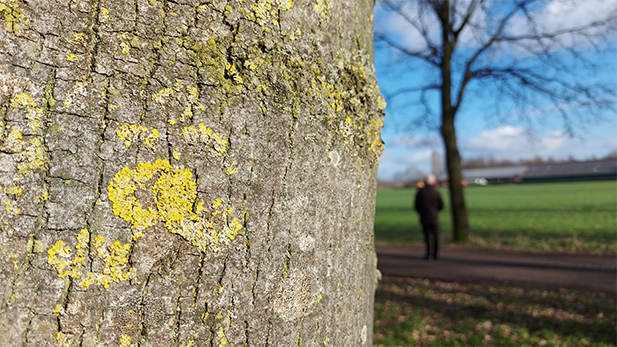
Alan Irwin appointed as Radboud Excellence Professor
In 2021 Professor Alan Irwin, RIO member, became the Radboud Excellence Professor at the Institute for Science in Society (ISiS) (https://www.ru.nl/science/isis/) within Radboud University. This position sits alongside Alan’s main work at CBS and will enable interaction with Radboud colleagues over a two-year period.
Alan’s first stay in Nijmegen took place during November 2021. At the end of January 2022 he was back to engage in a debate over freedom and responsibility in science (linked to a recent report: A contemporary perspective on the free and responsible practice of science in the 21st century - International Science Council). The panel took place in the convent chapel at Soeterbeeck, now part of Radboud University - which was previously known as the Catholic University of Nijmegen. One important theme of the January meeting was socio-ecological interactions – including some fieldwork in the surrounding countryside.
The Radboud Excellence Initiative aims to bring the most exceptional talents from every academic field to Radboud University, while strengthening international bonds between universities worldwide.
To learn more about Radboud University, visit: https://www.ru.nl/english/
With special thanks to Martin Drenthen for photography.
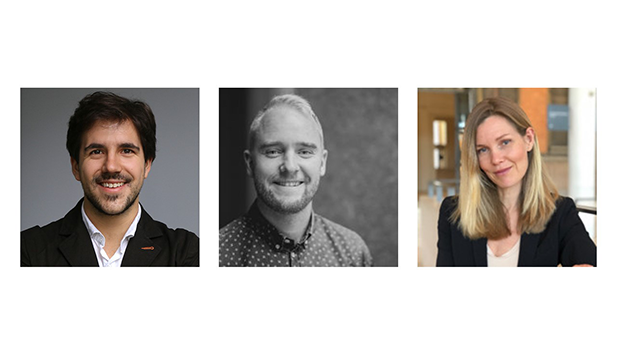
Three new RIO members join the CAPACITOR project
- Francesco Gerli joined IOA as postdoc with Professor Susana Borràs and will be involved in the team of the CAPACITOR Project, which studies the capacities of public actors in the governance of green transitions. In the project, he will be conducting qualitative research in several cases in Europe working with municipalities, utilities, public and regulatory agencies. Francesco has a background in Economics and Social Sciences. Within his PhD at Politecnico di Milano - School of Management, he shifted his focus to social and transformative innovation, relating these topics to the technological development of social entrepreneurship. He has been involved in several consultancy and applied research projects in the field of Social Innovation working with private, public actors and civil society organisations. Francesco is not new to IOA; he already visited the Department in 2021 as visiting PhD Fellow.
- Susanna Kugelberg has a PhD from Karolinska Institutet in Stockholm. She is specialized in public policy and sustainable development and has worked for several years as a policy consultant to the WHO Regional Office for Europe and UNECE on the topic of a healthy and sustainable food system. She will do her postdoc with Susana Borrás and will be involved in the project CAPACITOR, running from 2021 until 2023, which seeks to understand how public actors are applying their organizational capacities in the governance of a green transition. She will be conducting qualitative research on a number of cases related to the energy and maritime sectors in Denmark and Europe.
- Henrik Larsen joined the IOA group in January 2022 as a postdoc under the supervision of Professor Susana Borrás. Henrik holds a PhD in innovation and sustainability transition studies from the Centre for Environmental Policy at Imperial College London. His doctoral thesis “Capabilities, Networks, and Directionality: Innovation Policy for Sustainable Development Goals” focussed on transformative innovation policy to transition key societal systems around energy, mobility, and food toward more sustainable modes of production and consumption. He recently completed a postdoc at the UCL Institute for Sustainable Resources, working with the European Environment Agency on developing a methodology for mapping and assessing policy mixes for sustainability transitions. As part of a two-year fellowship funded by the Carlsberg Foundation, Henrik will be working with the CAPACITOR research group led by Professor Susana Borrás, where he will analyse multilevel governance arrangements and combinations of organisational capacities spanning multiple national governmental agencies needed to coordinate the implementation of mission-oriented policy related to green hydrogen development.
What is the CAPACITOR project?
Public actors (like municipalities, national agencies, public utilities) have been entrusted to reduce CO2 emissions, and are taking the lead in the governance of green transitions. However, the governance of green transitions is complex (coordinating many stakeholders, creating market and institutional contexts for investments, adapting standards and safety regulations, etc.). Hence, public actors need organizational capacities.
The Public Actors’ Capacities in the Governance of Green Transitions (CAPACITOR) project asks, How are public actors developing and using their organizational capacities in the complex governance processes of green transitions? And, What specific combinations of public actors’ capacities are required for achieving green transitions? We will compare 24 in depth cases in the energy and maritime transport sectors, collecting data from 250+ interviews, 24 observations, and 450+ documents. The findings will help developing a theory on public actor’s organizational capacities for green transitions, and identifying deficiencies in current capacities.
